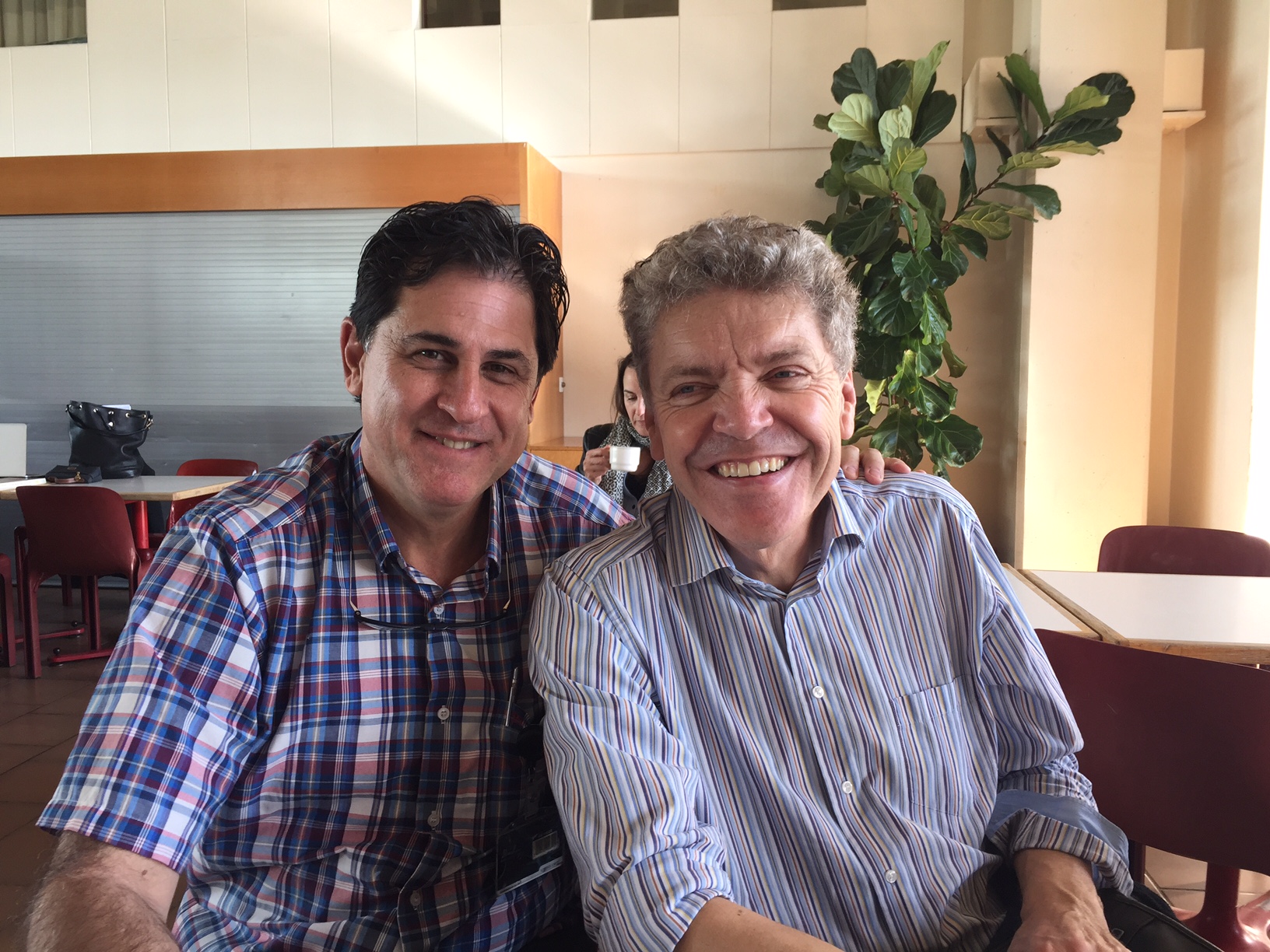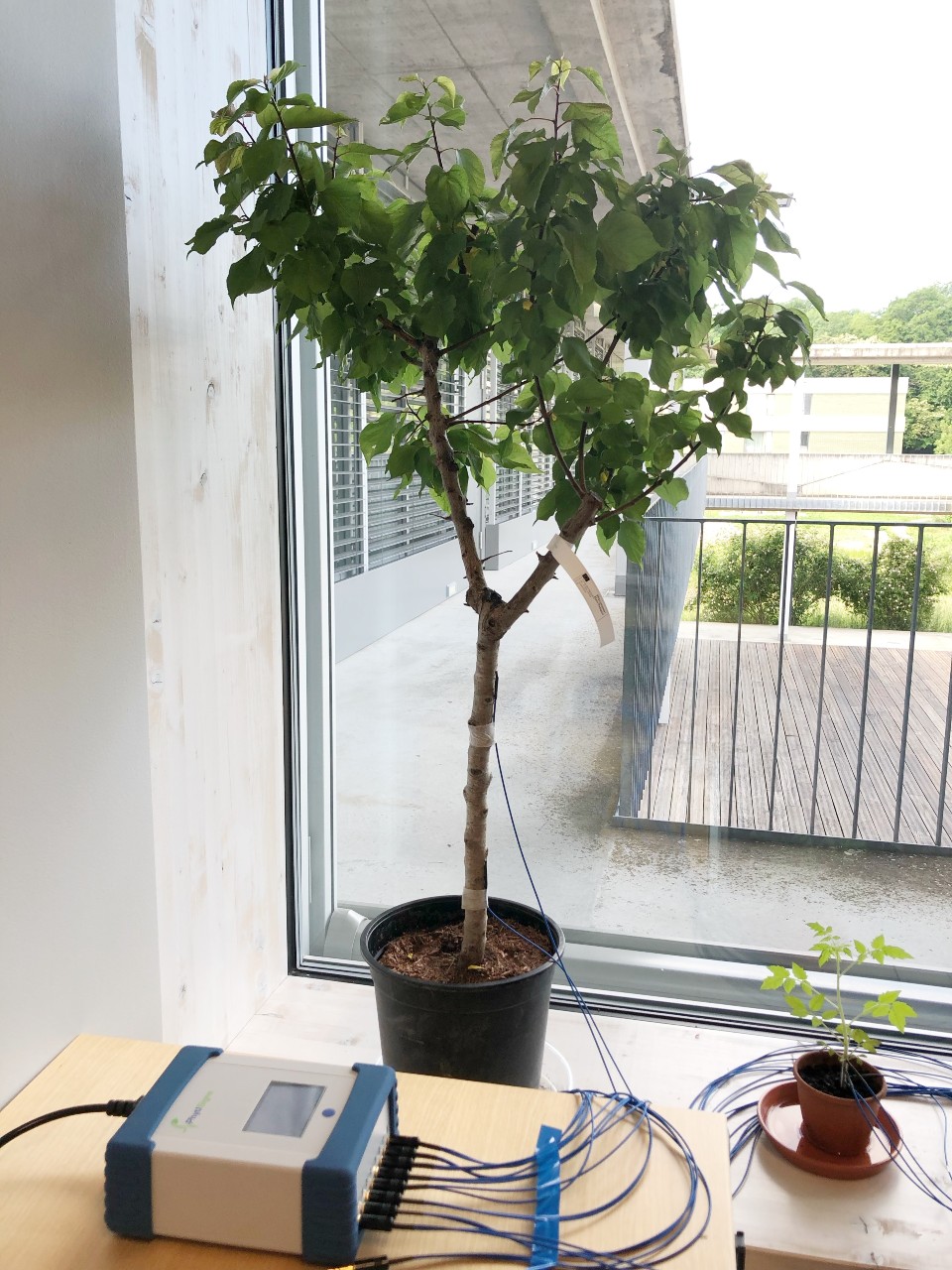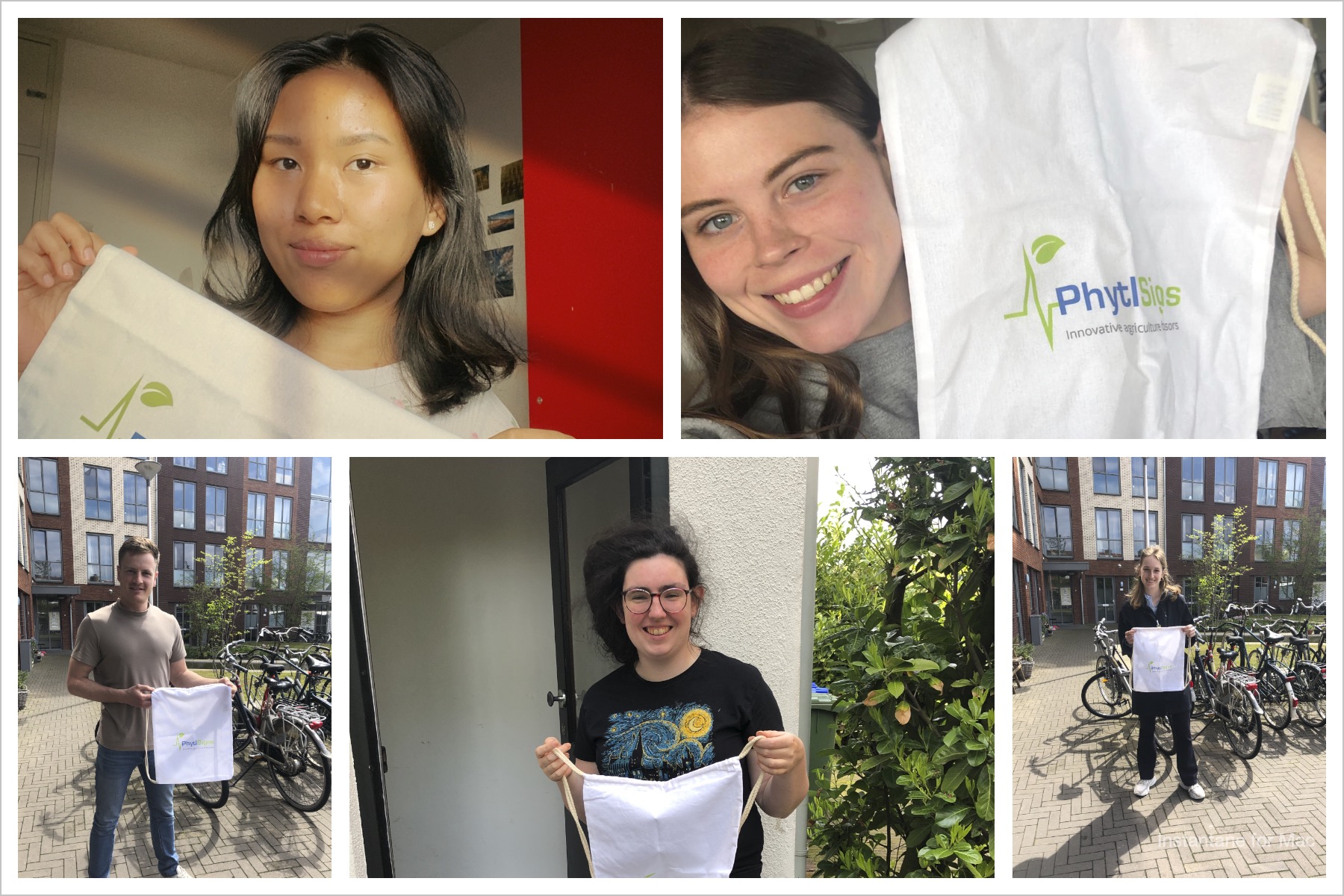
First scientific seminar sharing Phytl Signs experimental results at the University of Lausanne, Switzerland
Oct 27th saw the first sharing of experimental data from our plant electrical signal capturing device, Phytl Signs, with an expert scientific audience. Results from both Vivent’s own experiments, along with those from Professor Ricardo Ferraz de Oliveira of University of Sao Paola, Brazil and other users were presented.
We were honoured that this land mark seminar entitled “Mapping the Dynamic Electrical signals in broad leaf plants under ambient and artificial light conditions” was hosted by the world renowned laboratory of Professor Ted Farmer, specialists in the science of electrical signalling in plants, who are themselves experimenting with the Phytl Signs device.
Key topics covered were:
- History of the measurement of electrical signals in plants
- Experimental method and how the Phytl Signs device works
- Experimental results – Prof Ricardo Ferraz de Oliveira and Dr Nigel Wallbridge of Vivent
- Conclusions
- Discussion: Insights, ideas for future experiments and product development
It was shown that with Phytl Signs we can study over a long time period the electrical signals of plants and that it is possible to identify patterns associated with responses to environmental changes. In this first set of experiments light changes and water stress were investigated but in our collaboration with over 20 plant research institutions globally, we are looking at other important factors affecting plant health and vitality, such as temperature changes, insect attack & response to disease.
Feedback so far from our `triallists’ has been very positive, with suggestions on how to improve the design. Certainly users are appreciating its unique ability to monitor electrical signals outside of a confining, costly Faraday cage. Phytl Signs portability makes it invaluable for researchers who for the first time can study signals outside of the lab in real conditions.
With having such a unique piece of technology in its infancy it’s been invaluable for us at Vivent to touch base with our research partners and share and discuss the data that is being generated on different sides of the globe.
The de-coding of plants’ electrical signals has begun!
Thanks to Prof Ricardo Ferraz de Oliveira for all of his support and Prof Ted Farmer and his department for kindly hosting us.




